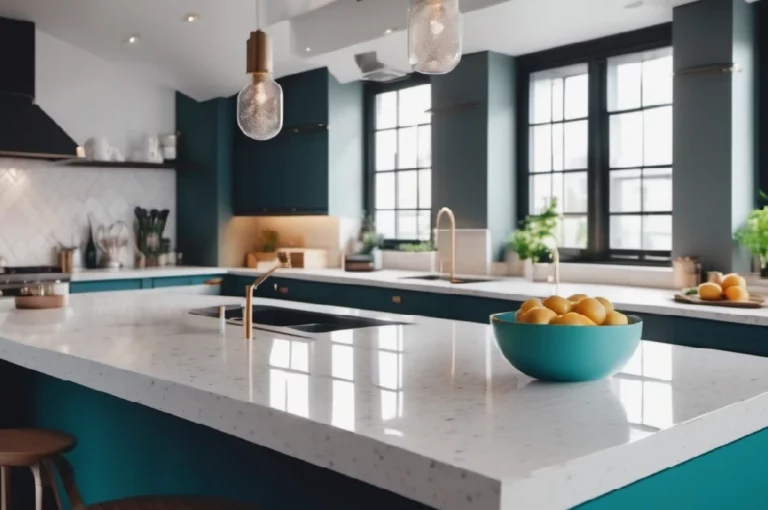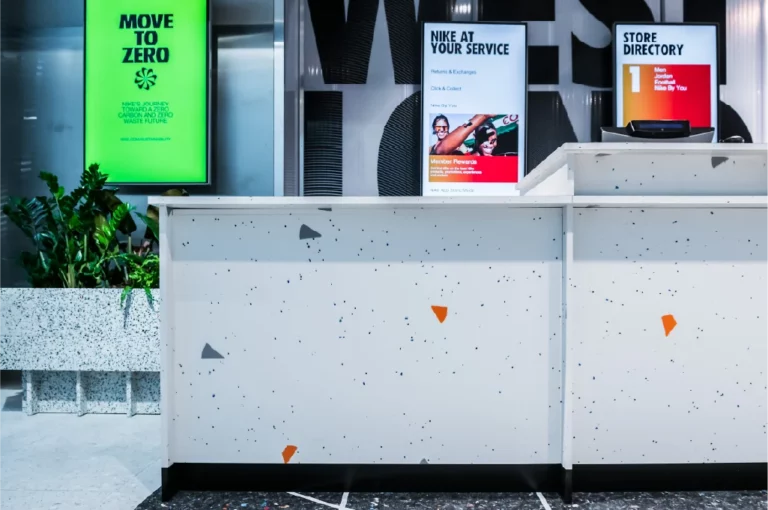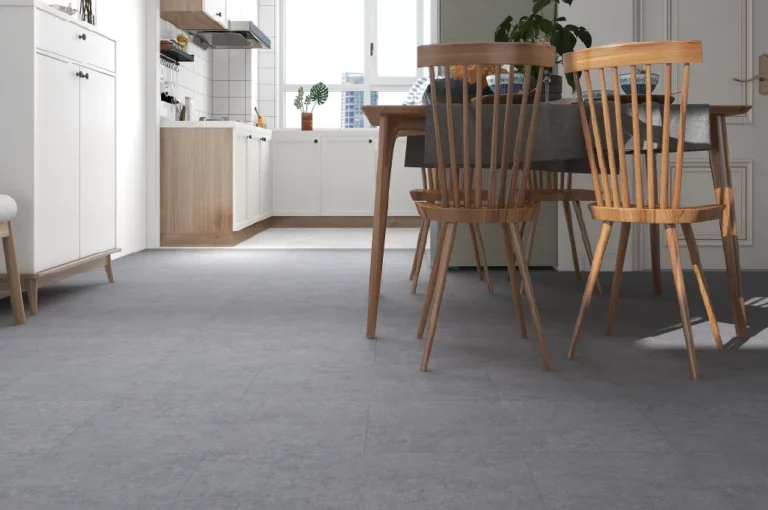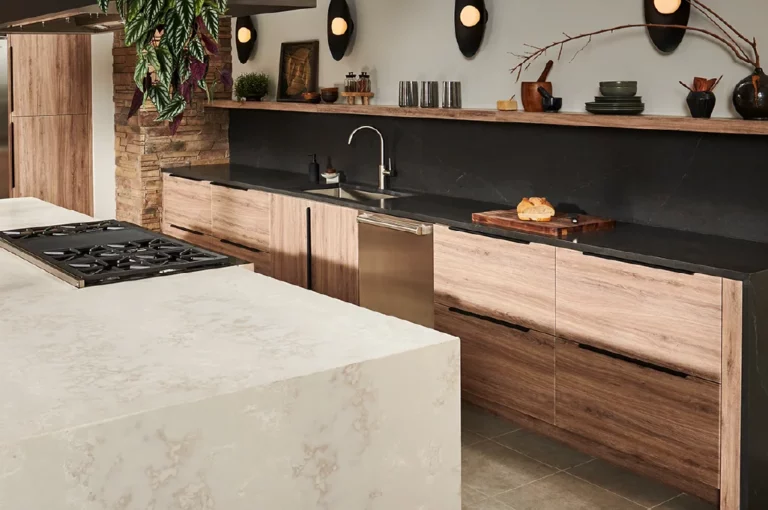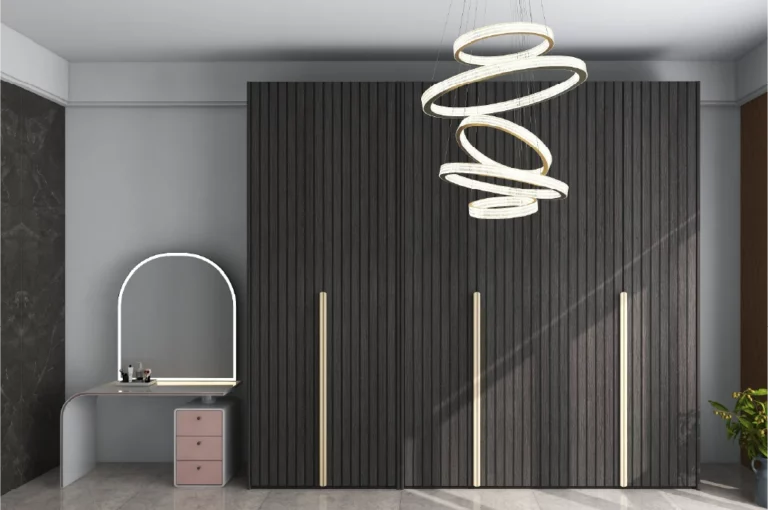How Polygood Panels are Changing the Game for Eco-Friendly Projects
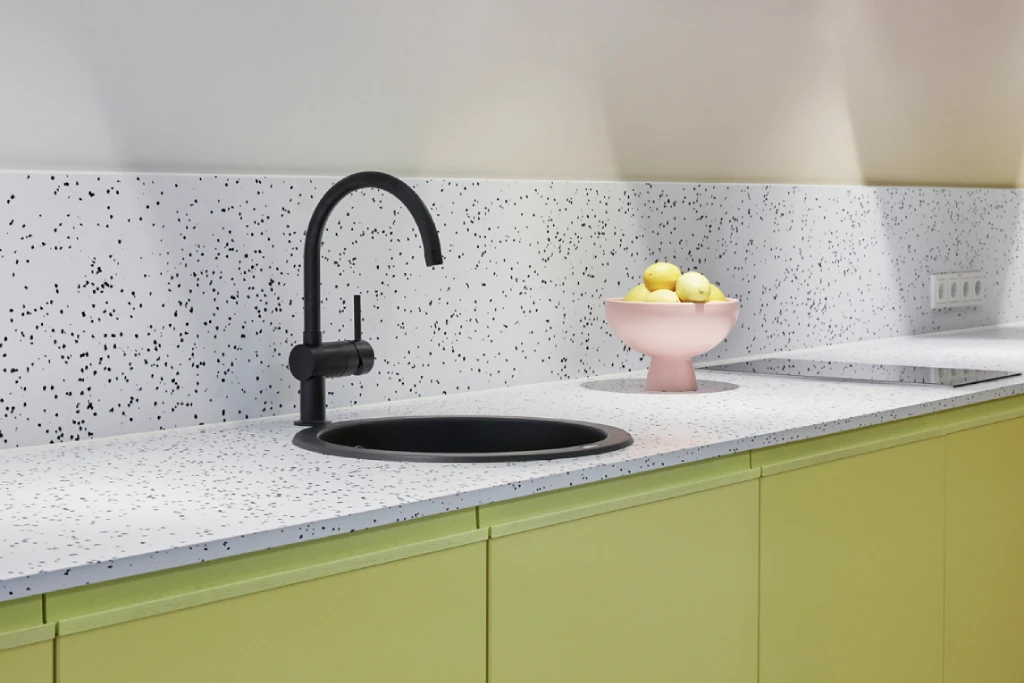
What Are Polygood Panels?
How Polygood Panels are Made?
Why Choose Polygood Panels?
- Eco-Friendly: Made from 100% recycled materials, Polygood panels significantly reduce landfill waste and lower carbon footprints.
- Durability: These panels are designed to withstand wear and tear, ensuring longevity in various applications.
- Versatility: Suitable for a wide range of uses, from retail fixtures to furniture and wall coverings.
- Aesthetic Appeal: Available in various colours and patterns, Polygood panels add a unique touch to any project.
- Lightweight: Their lightweight nature facilitates easier handling and installation, reducing labor costs.
Where Are Polygood Panels Used?
Polygood panels are versatile and find applications across various sectors due to their durability, aesthetic appeal, and eco-friendliness.
Here are some prominent areas where polygood panels are utilized:
1. Retail Environments
- Display Fixtures: Many retail stores use polygood panels for creating eye-catching display fixtures that are both functional and stylish.
- Interior Cladding: Retail spaces often feature polygood panels as interior cladding for walls, providing a modern look while being resistant to wear.
2. Hospitality Sector
- Furniture Production: Hotels and restaurants frequently incorporate polygood into furniture design due to its durability and ease of maintenance.
- Signage: The lightweight nature of polygood makes it ideal for signage that needs to be both attractive and easy to install.
3. Educational Institutions
- Interior Design: Schools and universities use polygood panels for classrooms and common areas, benefiting from their resistance to mold and ease of cleaning.
- Partitions: These panels can also be used as partitions in open spaces, allowing for flexible room configurations.
4. Office Spaces
- Workstations: Many modern office designs incorporate polygood panels in workstations or collaborative spaces due to their aesthetic versatility.
- Acoustic Panels: The sound-dampening properties of these panels make them suitable for use as acoustic treatments in busy office environments.
5. Architectural Applications
- Facades: Architects are increasingly using polygood for building facades that require both aesthetic appeal and functional performance.
- Kitchens and Bathrooms: The moisture-resistant properties of polygood make it an excellent choice for kitchen countertops and bathroom surfaces.
6. Exhibitions and Installations
- Event Spaces: Temporary installations at exhibitions or trade shows often utilize polygood due to its lightweight nature and ease of customization.
- Art Installations: Artists have begun using polygood panels as a medium for creative projects that require sustainable materials.
Conclusion
Polygood panels represent a significant shift towards sustainable practices in architecture and design. Their unique composition from 100% recycled materials not only addresses plastic waste but also provides high-quality solutions for modern construction needs. By integrating polygood panels into various projects, designers can create beautiful spaces while making responsible choices that benefit both people and the planet.
As we continue to explore eco-friendly alternatives in our daily lives, embracing materials like polygood will be crucial in shaping a sustainable future—one panel at a time.


